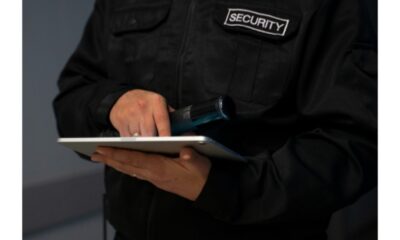Sports
Plan to Support in Financing News Major League Baseball (MLB) Stadium Unveiled by Utah Legislature
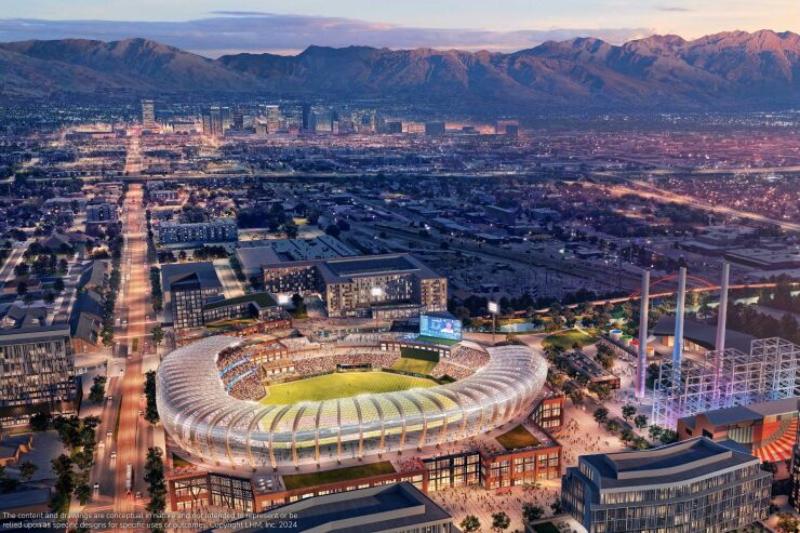
The Major League Baseball team is coming to Utah, and the Utah Legislature has revealed a plan to assist in building a stadium.
Even though using public funds for it is upsetting to some, legislators argue that it is an investment in Salt Lake’s west side and that taxes from out-of-state visitors will cover the majority of the costs.
The state is proposing to create a dedicated entertainment district from Interstate 80 between 1000 West and Redwood Road, rather than merely providing funding for a stadium, as stated in a recently released bill called HB562.
It shall be governed by a board that may impose various taxes in order to obtain funds. Appointees to that board include the governor, the speaker of the House, the president of the Senate, one member of the Salt Lake Council, and one member of the Fairpark Board.
The state’s hotel taxes would increase, but legislators say this will help pay for emergency services in rural areas.
The bill permits an increase in fees for things like rental car rentals and transient rooms. A sales and use tax on energy, a tax on telecommunications licenses, a tax on accommodations and services, and a tax on sales and use in resort communities are among the other taxes included in the bill.
“All the money that will be used is money that we think will be generated from the increased activity that will come to Utah. So, it’s basically a transit room tax, which is hotels and car rental tax and then tax within the project area,” Senate President Stuart Adams said. “So, we believe that will, actually, the baseball stadium will actually create more revenue than we will pay, and out-of-state residents will pay for it.”
The development’s property taxes would also be used to finance the construction of additional amenities and infrastructure in this particular Fairpark district. Adams stated that they view this plan as a local investment.
“A rising tide lifts all boats and I think you’ll see the tide rise,” he said.
The Larry H. Miller Group, the team’s owners, receives the money raised as a loan to construct the stadium. The stadium’s rent will subsequently be covered by the team owners from the state. The state will own the stadium, but the group has also contributed their own $3.5 billion.
“We negotiated the fact we will own the stadium. That’s a big deal,” Adams said.
The bill as written now allows bonding for “half the actual cost” of planning and building the stadium. There must be parking, plazas, open space, lighting, and a minimum of 30,000 seats. The bill also mandates that the team owners reimburse the district for any taxpayer funds used if the team departs the area before 30 years have passed.
There are just seven working days remaining for lawmakers to amend and approve this bill before the end of the current session.
-

 Business1 week ago
Business1 week agoCorporate Social Responsibility in Action: Amerilodge’s Support of Health and Education Causes
-
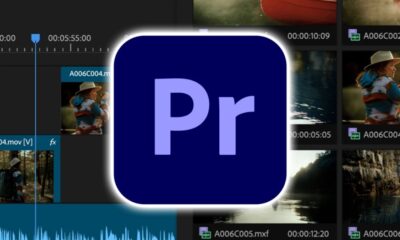
 Tech2 weeks ago
Tech2 weeks agoAdobe Releases New AI-powered Video Editing Tools for Premiere and After Effects with Significant Motion Design Updates
-
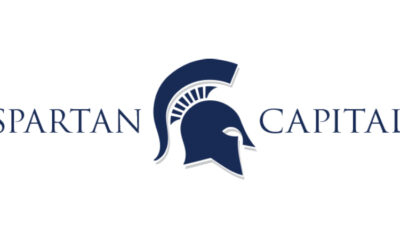
 Business3 weeks ago
Business3 weeks agoSpartan Capital Publishes 2026 Economic Outlook, Highlighting Volatility, Resilience, and Emerging Opportunities
-

 Startup4 weeks ago
Startup4 weeks agoCraig Bonn’s Guide for Spotting a Winning Pre-IPO Early
-
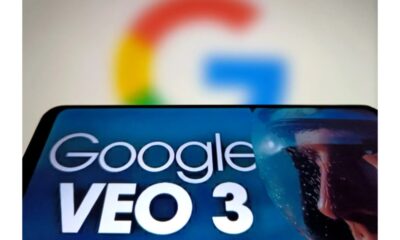
 Tech3 weeks ago
Tech3 weeks agoGoogle Introduces New Updates to Its Veo AI Video Generation Tool
-

 Health2 weeks ago
Health2 weeks agoFinally, an Ayurvedic Sunscreen Parents Have Been Waiting For; ShuShu Babies Gentle Sun-Care Solution for Children
-

 Business3 weeks ago
Business3 weeks agoJohn Dianastasis Elaborates on the Value of Discretion in High-Level Consulting and Public Affairs Work
-

 Business3 weeks ago
Business3 weeks agoHow Black Banx Will Power the Next Era of Financial Inclusion











